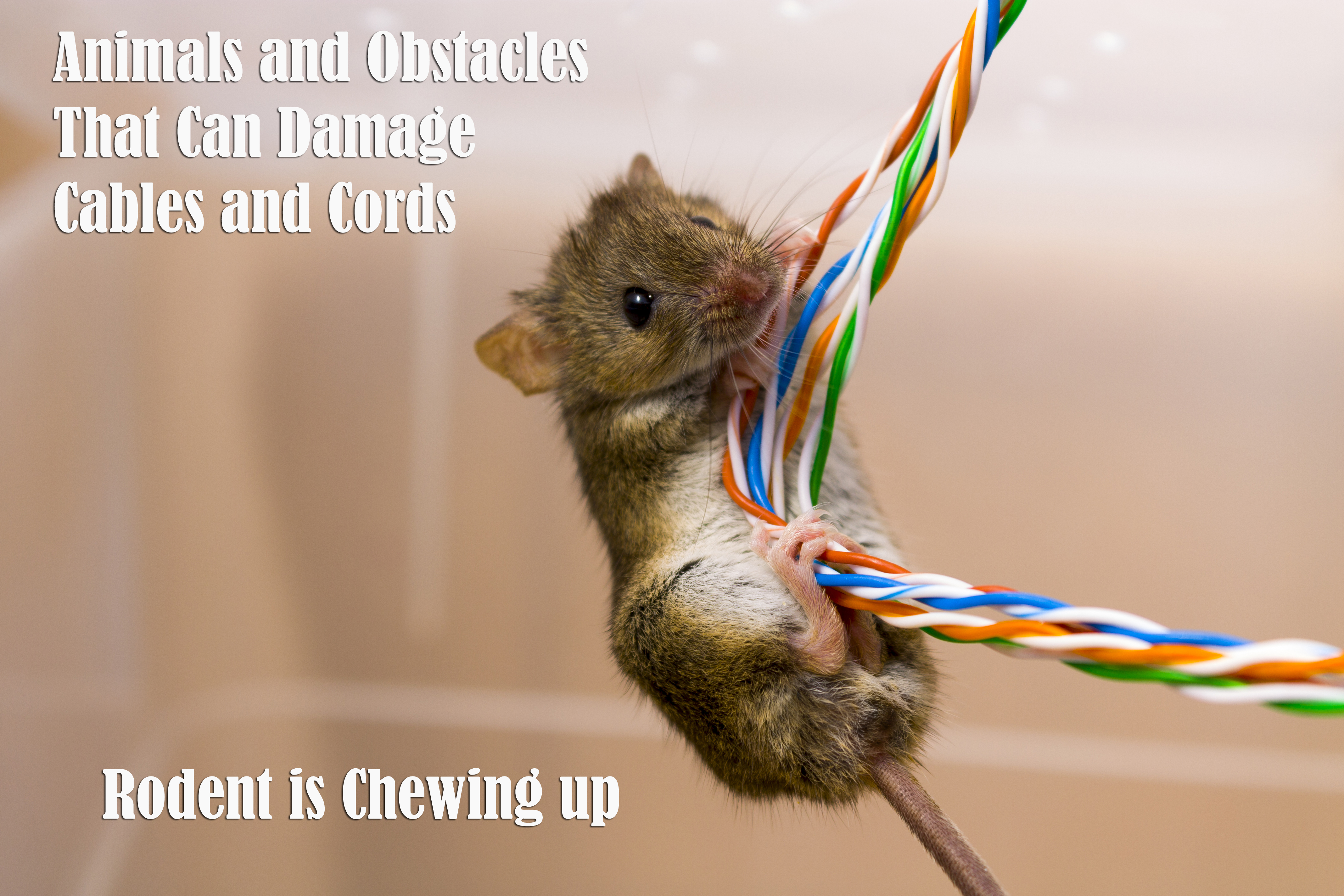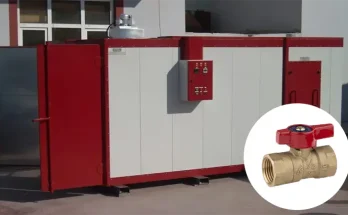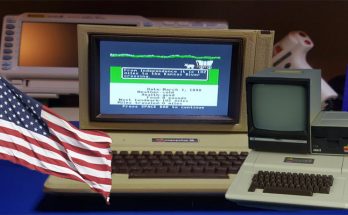If you want to earn extra cash by tackling simple wiring jobs for people in your neighborhood as a part-time gig, you’ll need to learn how to protect your cords and cables. During the easiest jobs, the process of keeping electrical accessories in mint condition can be somewhat challenging since various things on a residential property can damage vulnerable supplies. In order to complete all jobs successfully with mint cables and cords, you’ll need proper defensive strategies for pets, pests, and sharp objects on a property.

Dogs
Dogs are usually playful, so they will try to bite anything that moves on a landscape. Because all dogs have strong, sharp teeth, they can easily chew through a cable that has a thin, rubber housing. Once a dog breaks through the housing on a cord, the wiring underneath will be vulnerable. As a result, you won’t be able to use a cord or cable outdoors or indoors after a dog exposes the internal wiring since the lines will be at risk.
In order to protect wires during jobs on properties where there are hyper pets, you’ll need to keep the cords winded up until you’re ready to begin a project. Then, as you run the cords, align the lines against the wall so that a dog won’t notice the housing.
Rats
Rats only cause problems in dark, damp places throughout long wiring projects. They usually bite through cords that are left in high risk areas overnight. If you’re going to run wires in a basement or attic that has rats, never place thin cords on the floor against the wall because rats always sprint around spaces near walls and corners. Instead, use a stapler and secure the cables above the floor so that the rats won’t reach the lines.
Jagged Edges
Door seams, narrow corners, and other obstacles that are made with metal materials commonly have sharp, jagged edges. If you run a cable against a jagged object, the sharp edge will slice through the housing on your wires. In order to prevent accidental tears during jobs around these obstacles, simply place a thick towel over each jagged obstacle. The soft fibers on the towel will create a barrier that will protect a cable when you tug on the housing.
By maintaining your electrical wires, the process of tackling jobs that involve directional coupler applications will be easier. The wires are the most important components because they transfer electrical waves to coupler pieces.




